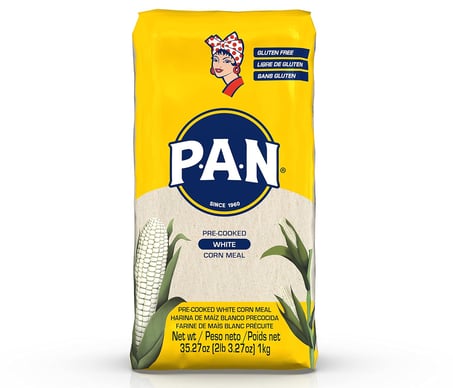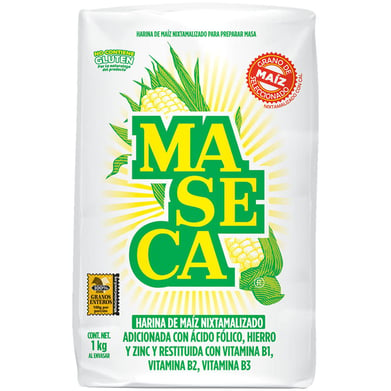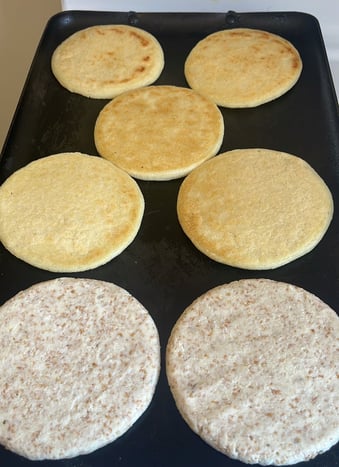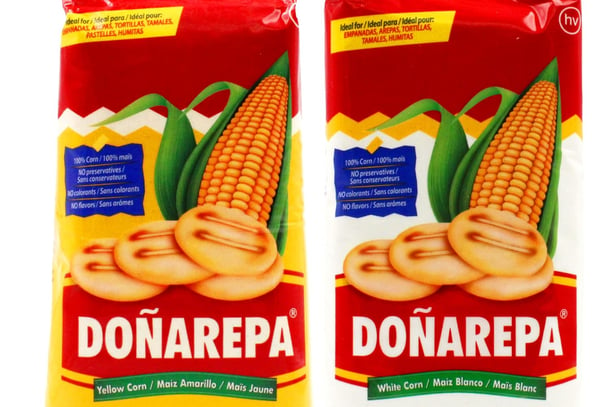Arepas with Maseca: Convenience and Flavor Considerations
it is possible to prepare arepas with maseca?
Preparing Arepas with Maseca
Many people wonder if they can prepare arepas with Maseca, and whether there is a real difference in using this ingredient. Let's delve into the details to understand the impact of using Maseca for making arepas.
Understanding Maseca
Maseca is a brand of instant corn masa flour, which is used to make tortillas, tamales, and other traditional Mexican and Central American dishes. It is made from specially treated corn that is ground into a fine flour. Maseca is known for its convenience and ease of use, as it eliminates the need to prepare masa from scratch, which can be a time-consuming process.
Preparing Arepas with Maseca
When it comes to preparing arepas, Maseca can indeed be used as a substitute for traditional pre-cooked cornmeal. The process of making arepas with Maseca is relatively straightforward. You simply mix the Maseca with water and a pinch of salt to form a dough, shape it into patties, and then cook them on a griddle or skillet until they develop a golden crust.
Using Maseca for arepas offers the advantage of convenience, as it eliminates the need to source traditional pre-cooked cornmeal, which may not be readily available in all regions. Additionally, Maseca ensures consistency in the quality of the masa, resulting in uniform arepas with a pleasant texture.
The Difference
Now, let's address the real difference in using Maseca for preparing arepas. While Maseca can yield delicious and authentic-tasting arepas, some purists argue that there is a subtle variation in flavor and texture compared to arepas made with traditional pre-cooked cornmeal. The difference is often attributed to the unique nixtamalization process used in preparing pre-cooked cornmeal, which involves soaking the corn in an alkaline solution before grinding it.
This traditional method is believed to enhance the flavor, aroma, and nutritional value of the corn, resulting in arepas with a distinctively rich and earthy taste. Some aficionados of Latin American cuisine argue that this nuanced difference makes arepas prepared with pre-cooked cornmeal stand out in terms of authenticity and taste.
However, it's important to note that the difference in flavor and texture is subtle, and many people may not even notice it, especially if they are new to the world of arepas. Ultimately, the choice between using Maseca or traditional pre-cooked cornmeal for making arepas comes down to personal preference, availability of ingredients, and the importance placed on adhering to traditional culinary methods.
In conclusion, preparing arepas with Maseca is entirely feasible and can yield delicious results but don't wait for a Venezuelan or Colombian enjoy the arepa as usual. Specially Venezuela prepare their arepas with brands like PAN or Juana exclusively due to intolerance to the taste Maseca produce. Whether you opt for Maseca or traditional pre-cooked cornmeal, the joy of savoring freshly made arepas remains a delightful experience.








